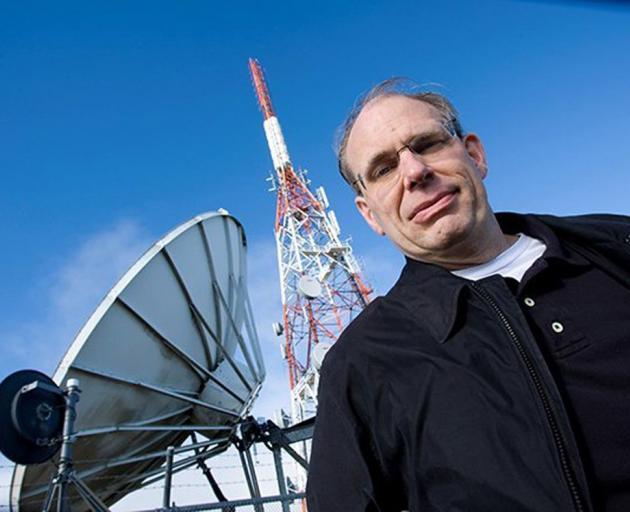
Prof Slotten, of the University of Otago media, film and communication programme, has received a second prestigious US award, amounting to more than $US100,000 ($NZ139,000), to support a year’s research at the Washington DC museum.
Communication satellites had always been intertwined with political intrigue, but since the end of the Cold War, more developing countries were involved, some eventually launching their own satellites, he said.
"It’s definitely more complex."
US-born Dr Slotten said the new book project would be ground-breaking because it would cover the period after 1964 and focus on countries in the “Global South” and their links with the Global North.
The Global North was often defined as wealthier nations, mainly in the northern hemisphere, but also included some southern nations, such as New Zealand and Australia.
The US had initially pledged to use communications satellites to help economic and social development in poorer nations.
However some "developing" countries, particularly the Pacific Island nation of Tonga, had sought to claim legal rights to orbital "slots" in a special orbital belt for geostationary satellites above their territory.
Winning the Charles A. Landers Chair award for the second time would enable him to continue his research into how access to space technology had benefited or disadvantaged countries in the “Global South”, particularly in the Pacific.
It was "great" to continue research into the establishment of the first global satellite communications system, the International Telecommunications Satellite Organisation (Intelsat), by the US in 1964.
His first tenure (2010-2011) led to a book, titled Beyond Sputnik and the Space Race: The Origins of Global Satellite Communications, that was in press with Johns Hopkins University Press.
The new award would support another book, titled The Global South in the Space Age: Satellite Communications and developing’ Countries, 1964-2001 and he aimed to start his US research halfway through next year, he said.












